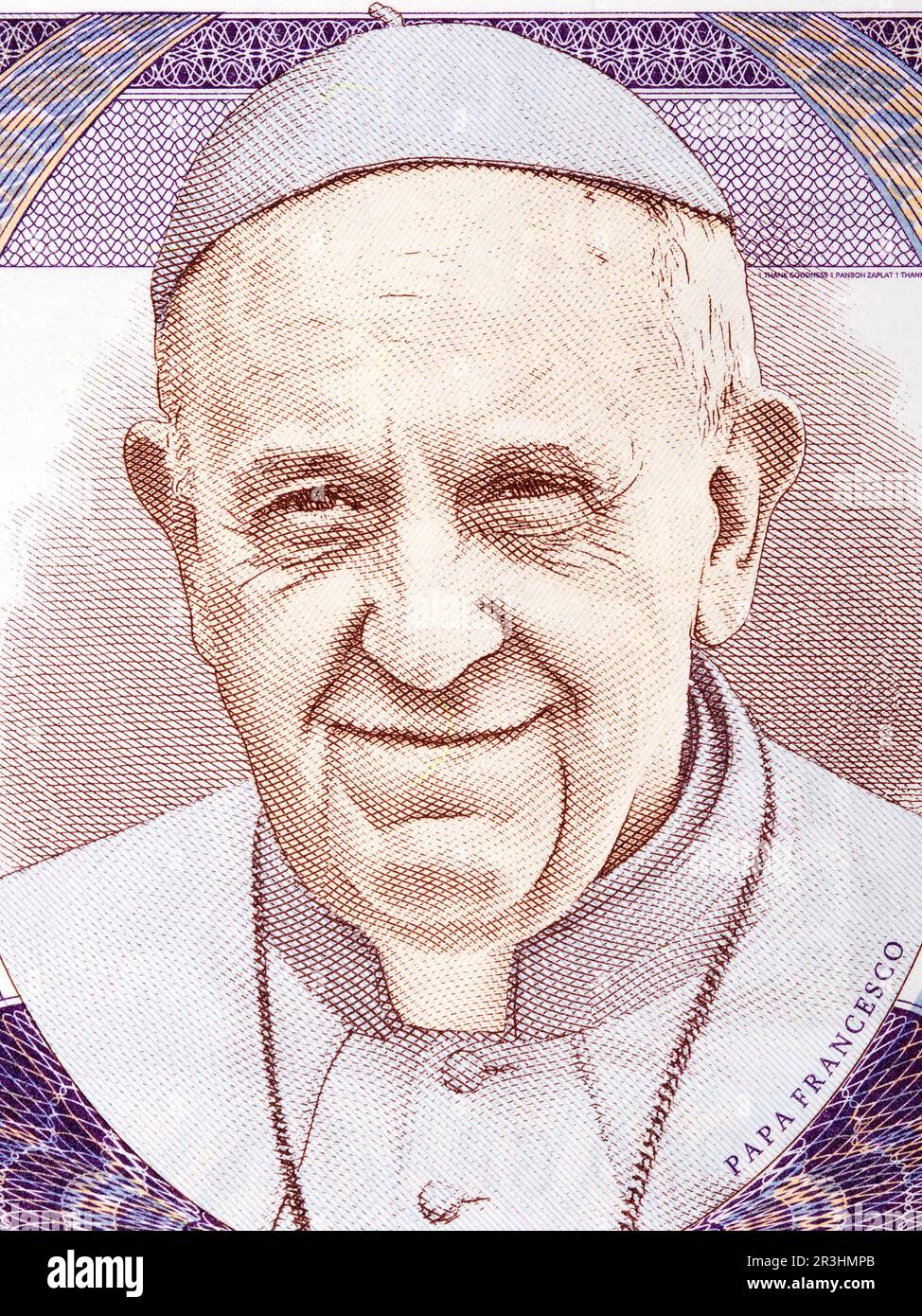Untold Stories: Pope Francis' Childhood Journey That Shaped His Papacy offers a fascinating glimpse into the early life of one of the most influential figures in modern history. As the first pope from the Americas and the first Jesuit to lead the Catholic Church, Pope Francis has inspired millions with his commitment to social justice and reform. This article delves into the lesser-known aspects of his upbringing and how these formative years influenced his approach to leadership.
Through vivid recreations of his childhood in Buenos Aires, we gain insight into the experiences that molded Jorge Mario Bergoglio into the compassionate leader he is today. From personal challenges like having part of a lung removed due to an infection, to the values instilled by his family, each element of his early life played a crucial role in shaping his vision for the Catholic Church and the world at large. Let us explore these pivotal moments that define Pope Francis' journey.
Pope Francis' autobiography, Hope, which took six years to complete, provides readers with a detailed account of his formative years in Buenos Aires. The book paints a vivid picture of the environment and experiences that shaped the man who would eventually become the spiritual leader of over a billion Catholics worldwide. While it primarily focuses on his childhood, offering glimpses into his family life and early education, it does not delve deeply into the intricacies of his papacy. Instead, it emphasizes the foundational elements that guided his moral compass and leadership style.
From Buenos Aires to Vatican City: A Leader's Origin
Growing up in Buenos Aires, Jorge Mario Bergoglio experienced a diverse cultural landscape that would later influence his global perspective as Pope Francis. His early years were marked by both personal struggles and enriching familial bonds. The neighborhood where he spent his childhood was vibrant, filled with people from various backgrounds, teaching him the value of inclusivity and empathy from an early age.
Bergoglio’s family played a significant role in nurturing his faith and commitment to service. They encouraged him to pursue education and fostered a strong sense of community responsibility. These values became integral to his character, guiding him throughout his life and ministry. His father worked as a railway accountant, while his mother instilled in him a deep love for literature and learning, which he carried forward into his academic pursuits.
The city itself offered numerous opportunities for young Bergoglio to engage with different cultures and ideas, broadening his worldview. These interactions helped shape his belief in dialogue and cooperation among diverse groups, principles he continues to advocate for as the head of the Catholic Church.
Challenges and Resilience: Formative Experiences
One of the defining moments in Pope Francis’ youth was the medical challenge he faced when part of his lung was removed due to an infection. This event tested his resilience and taught him valuable lessons about perseverance and gratitude. Despite this setback, he remained determined to achieve his goals, demonstrating the strength of character that would later define his leadership.
This period also highlighted the importance of healthcare access and equality, themes he frequently addresses in his public speeches and writings. His personal experience with illness gave him a unique perspective on suffering and healing, reinforcing his dedication to advocating for those less fortunate. It strengthened his resolve to address issues such as poverty and inequality within society.
Moreover, overcoming adversity during his teenage years contributed significantly to his empathetic nature and ability to connect with individuals facing hardships. These qualities have been instrumental in his efforts to reform the Catholic Church and promote peace and understanding across the globe.
A Visionary Leader: Legacy in the Making
Pope Francis’ autobiography “Hope” encapsulates his enduring message of compassion, humility, and service. Through its pages, readers encounter not only the story of a boy growing up in Buenos Aires but also the development of a visionary leader committed to transforming the Catholic Church. The themes reiterated in the book reflect his core beliefs—opposition to war, criticism of unchecked capitalism, and the desire for the Church to serve as a field hospital rather than a fortress.
His advocacy for social justice stems directly from his early exposure to economic disparities and social injustices. By sharing his personal narrative, Pope Francis invites others to join him in creating a more equitable and compassionate world. He emphasizes the need for unity and collaboration, encouraging all believers to work together towards common goals.
In conclusion, the journey from Buenos Aires to Vatican City represents much more than just geographical movement; it symbolizes the transformation of a humble individual into a transformative global figure. Pope Francis continues to inspire millions through his unwavering commitment to justice, equality, and love—a legacy built upon the foundation laid during his remarkable childhood.

